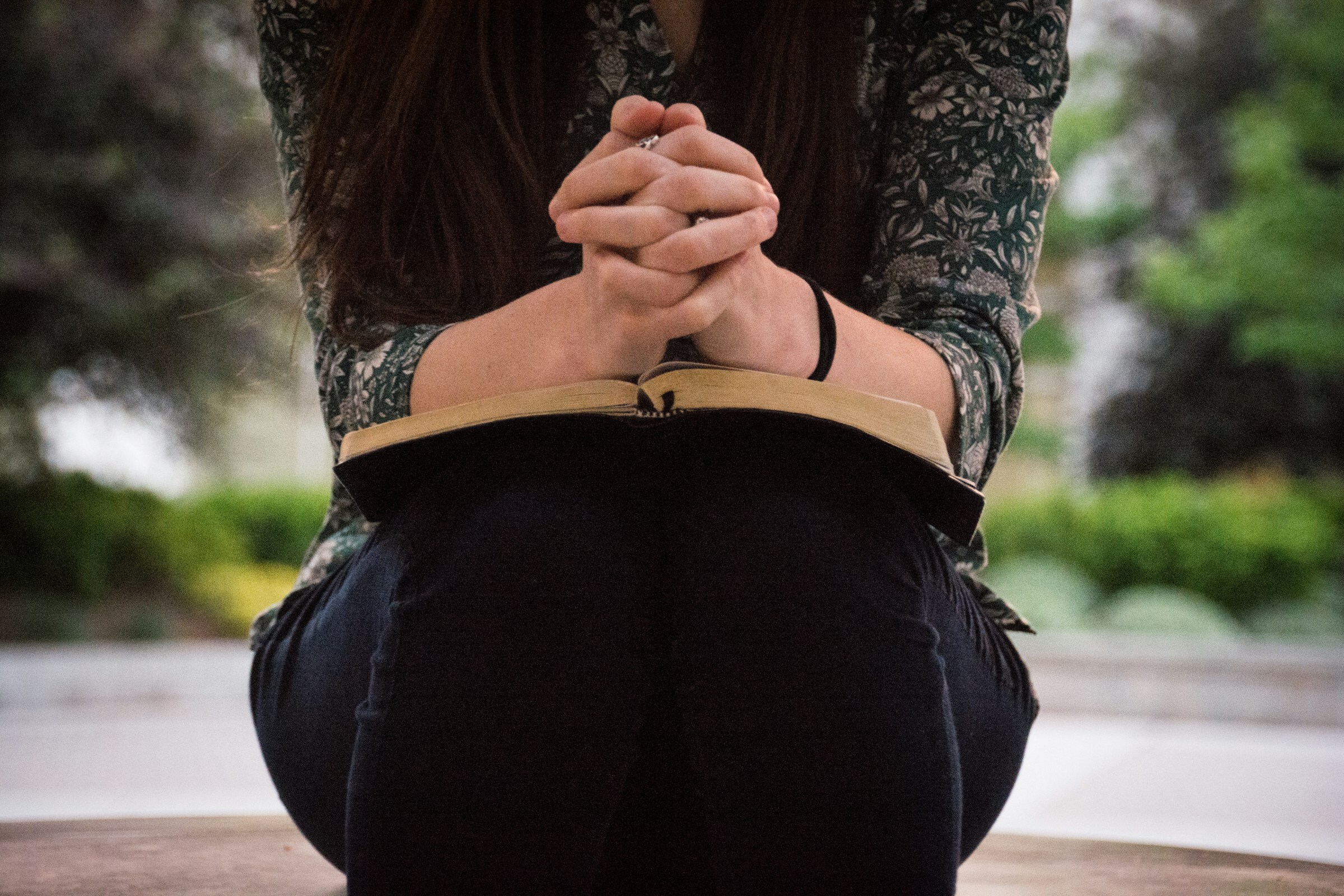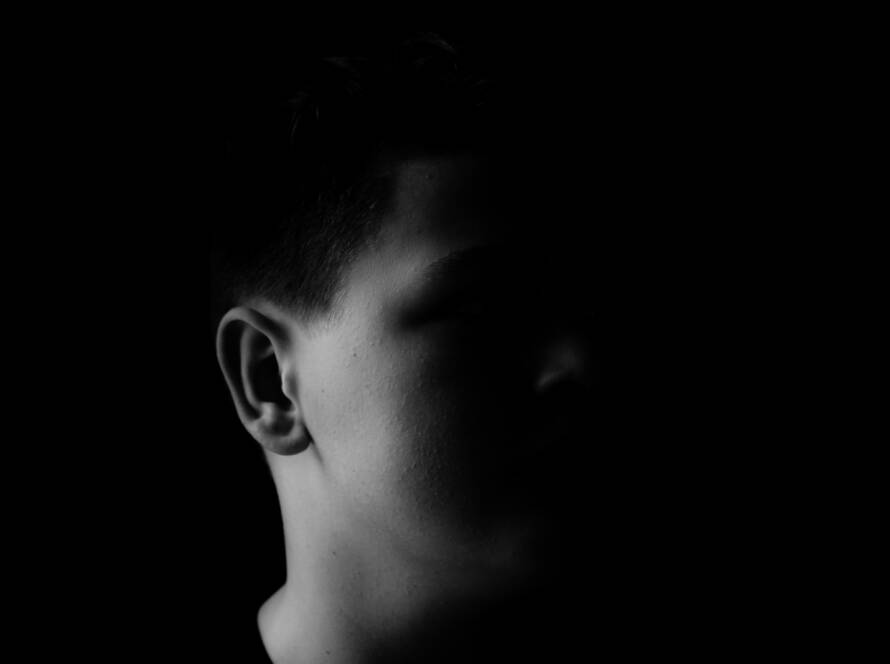“I remember you in my prayers at all times; and I pray that now at last by God’s will the way may be opened for me to come to you. I long to see you …that you and I may be mutually encouraged by each other’s faith.“— Romans 1:10-12
When you pray, how often does that nagging little doubt worm its way into your thoughts? Is anyone really listening? Do these prayers matter? Will they change a thing?
I’ve heard people teach, preach, and hope that “prayer changes things.”
I’ve also wondered, does prayer change things or people?
Paul, who wrote the words above, was not always the most gracious person in the world. At one time he was a cruel persecutor of the church. Even after becoming a Christian, he argued with Barnabas and struggled over many issues. But he matured and grew into a man who understood love, and grace—and the power of prayer.
“The effect of prayer is union with God,” wrote Gregory Nyssa in the fourth century AD. “If someone is with God, he is separated from the enemy. Through prayer we guard our chastity, control our temper, and rid ourselves of vanity. It makes us forget injuries, overcomes envy, defeats injustice, and makes amends for sin. Through prayer we obtain physical well-being, a happy home, and a strong, well-ordered society.”
Paul prayed for a safe trip to Rome, and God answered. Paul arrived “safely” after being arrested, slapped in the face, shipwrecked, and bitten by a poisonous snake! Perhaps Paul’s many hardships softened him and made him more responsive to the work of the Holy Spirit in his life.
We know that he believed in the power of prayer and prayed faithfully for himself and those he loved.
Does prayer change things or people?
BOTH.
God has used my prayers to change me, and for that I am grateful.
When I pray faithfully and fervently for someone, I find myself loving that person in a nonjudgmental, genuine, and less selfish way—for how can we be otherwise when we are in God’s presence?
“God always answers us in the deeps. Never in the shallows of our soul.” —Amy Carmichael



